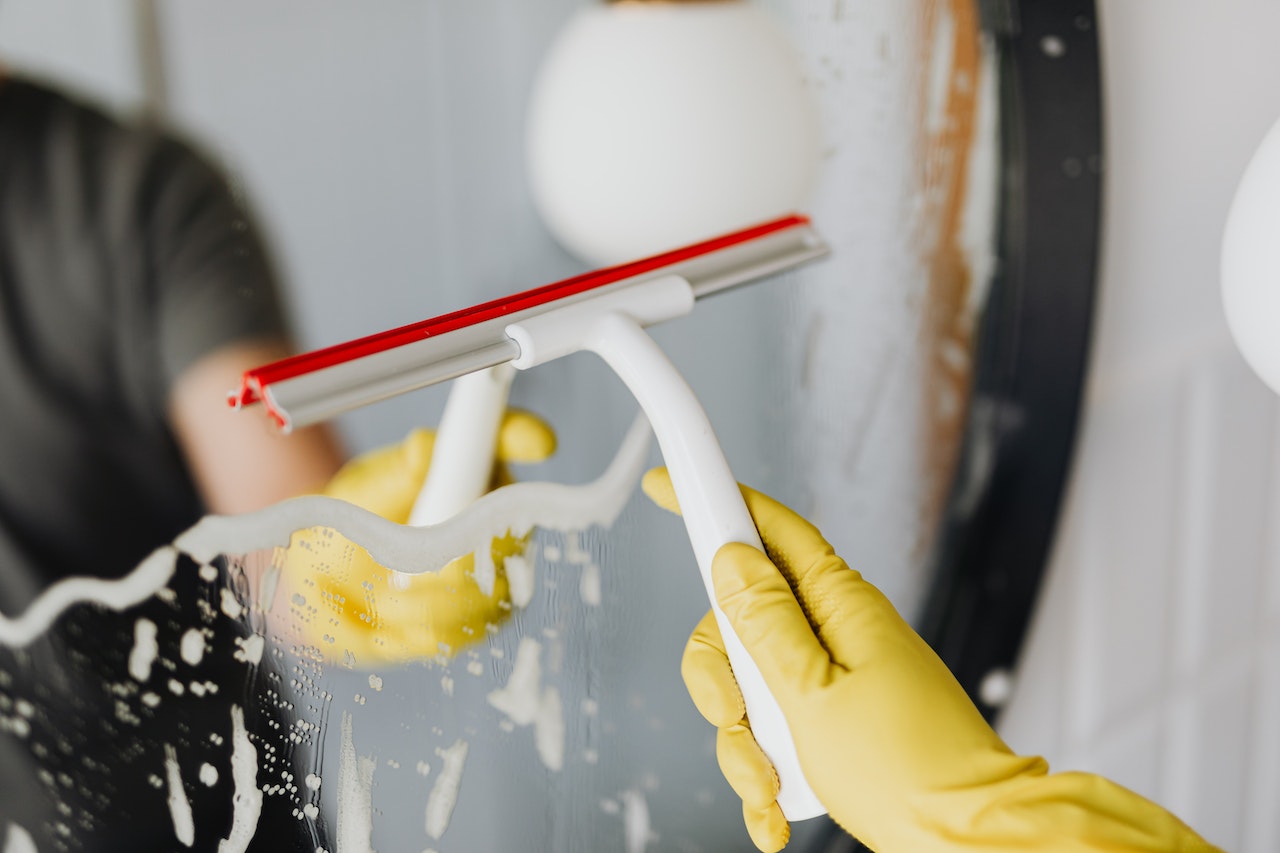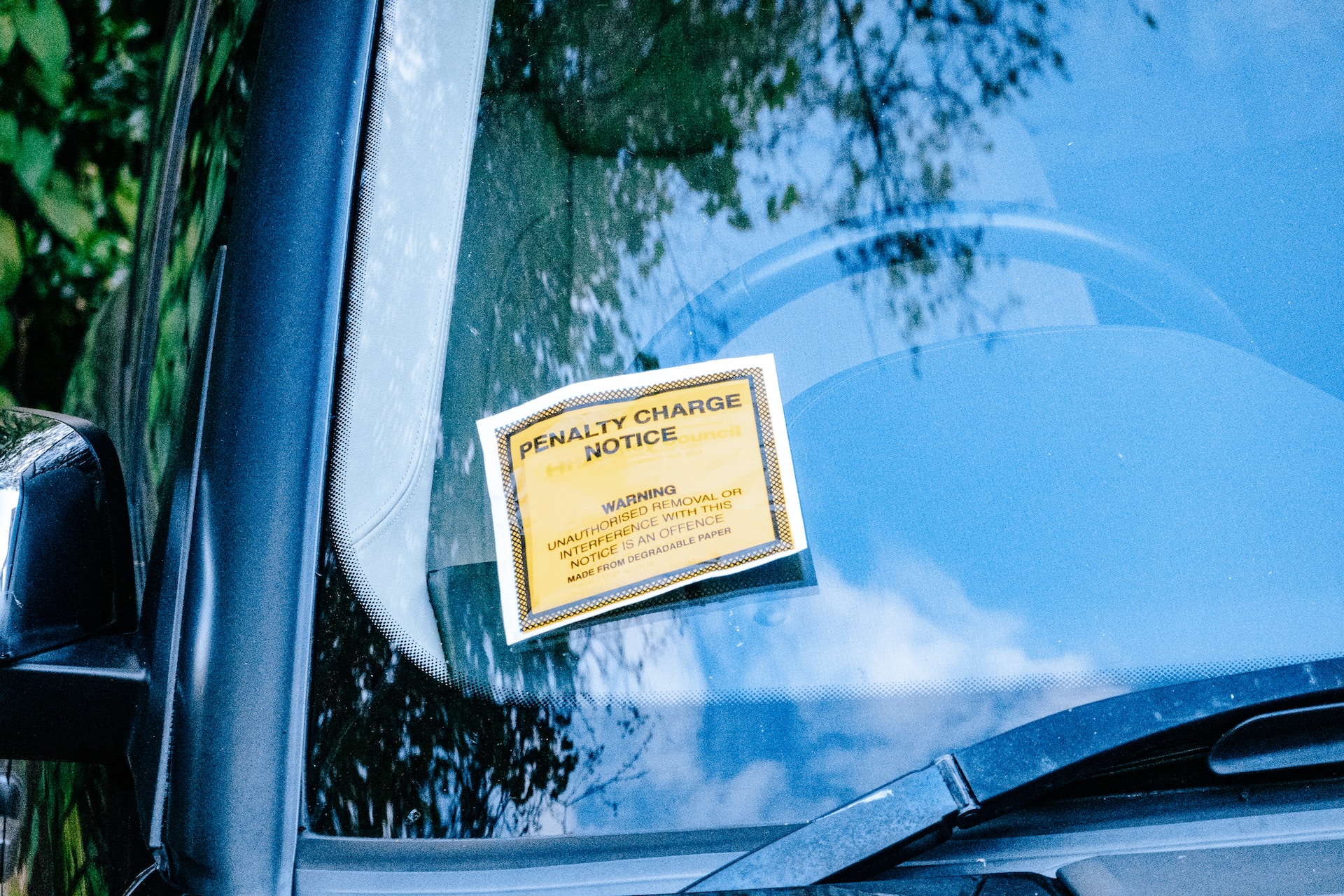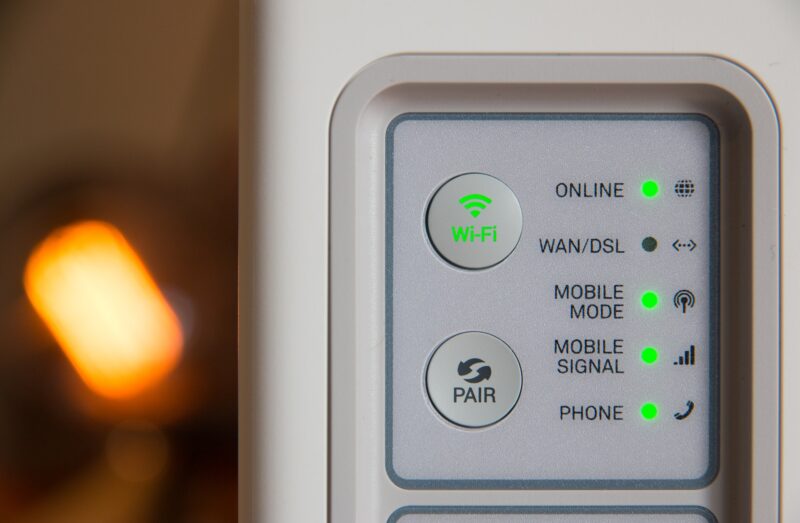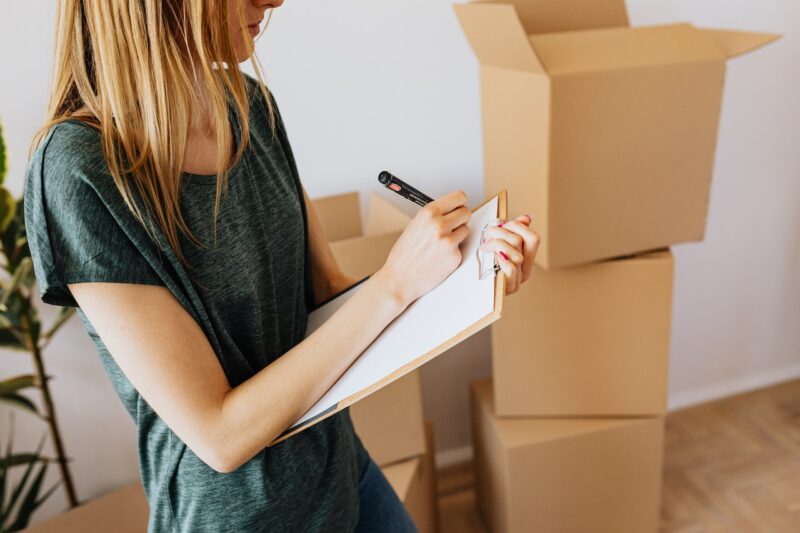Cut some of the stress out of moving with our complete UK moving home checklist, updated for 2024!
We help thousands of movers every year save time, money and effort setting up their new home and we’re experts on everything you need to do to get set up and settled in.
Use the moving home checklist below to cross essential tasks off your to-do list to be sure you don’t miss anything. Or, make things even simpler and book a free call with Please Connect Me to get all your utilities sorted before you more.
We’ve ordered our checklist by when, roughly, you should try and cross each task off. Look for tasks with stars* for everything that Please Connect Me can help you with.
Download a copy of our moving checklist- it’s free!
How do I prepare my house for moving?

One Month Before
1. Get your essential utilities sorted early*
Sign up to Please Connect Me – our team of experts will handle all of your essential utility registrations and help set up great deals for broadband, TV, energy, mobile, insurance and more.
2. Choose your moving date
Will there be any overlap between properties? Will you need to store anything temporarily? The most popular day of the week to move is Friday as people try to take advantage of the weekend to unpack. However, this can make it more difficult and expensive to book a moving van on a Friday. Sunday is the least popular day of the week, so if you can you may have more luck getting a good deal on removals then.
3. Book removal services in advance
Get quotes from several companies if possible – using a comparison service like Compare My Move makes it easy to get multiple quotes quickly and find the best deal.
Make an accurate inventory of your home to avoid nasty surprises later – you don’t want to find out the van is too small at the last minute!
4. Find a broadband package*
Setting up the internet can take up to four weeks in some properties, so make sure to leave enough time!
5. Decide if you want to use a combined bills service*
You can reduce the number of payments you’re worrying about each month with a combined bill service. Choose if you want to pay Council Tax, Energy and Water together every month or manage three separate direct debits or monthly bills.
6. Start decluttering
Don’t waste time and money moving with things you don’t want or need!
7. Update your insurance*
Contact your provider to make sure you’re covered from the day you move, and make sure to add on new items and remove the things you’re getting rid of.
Not got insurance? Please Connect Me can help you find a great value policy to protect the things you care about most.

Check your tenancy agreement or contract before you move out – you might be required to book a professional clean.
Two Weeks Before
1. Start packing early
Buy, borrow or rent the boxes, bubble wrap and packing tape you’ll need. A moving supplies calculator can help you accurately estimate what you’ll need for your move. Starting packing up your least-used items – seasonal clothes and decorations are a good place to start!
2. Hunt down free moving boxes
You might be able to get some or all of your moving boxes for free. Ask for old boxes at superstores or bookshops, visit Freecycle and check if any of your friends have moved recently and might have some boxes spare.
3. Tell your current energy supplier you’re moving out*
They’ll close your account on the day you leave and send a final bill to your new address.
4. Notify your new suppliers*
Find the energy company currently supplying your new address and let them know you’re moving in. Your gas and electricity will be connected when you first arrive, but you’re responsible for finding the current supplier and letting them know about the move.
5. Switch to a great-value gas & electricity tariff*
You’ll need to register with the current supplier first but then you’re free to switch to a more reliable fixed-rate tariff or a provider with better service.
6. Register with your new water supplier*
Your supplier is determined by the area you live in. If you’re moving locally you might have the same supplier, but you’ll still need to let them about the move. For moves over a longer distance, you’ll need to find your new provider and register.
7. Register with your new Council*
Again, depending on how far you’re moving you might have to update your account. If you’re changing local authorities however you must let both your old and new Council know.
8. Book an end of tenancy deep clean*
If you don’t plan to deep clean the property by yourself, now is the time to book a professional.

Remember to work out a regular place to park your car – and make sure you have permission to park there!
One Week Before
1. Make a schedule for moving day
Which rooms will be loaded up first? When do you plan to leave and arrive? Unexpected things will happen, but having a plan will help you get back on track when they do.
2. Pack non-essential items
Everything you don’t use everyday needs to go into a box – books, hobby items, sports gear, baking equipment – now is the time to get it into boxes.
3. Start clearing your cupboards, fridge and freezer
Eat through the food now so you don’t end up binning it on your moving day. If there’s food left over list it on a neighbourhood-sharing app like Olio to stop it from going to waste.
4. Tell everyone your new address
That goes for family and friends, but also your job, bank, doctor, kid’s school and any subscriptions you might have. No one wants their weekly grocery box being delivered hundreds of miles away. Check out our guide on everyone to contact when you move so you don’t miss anyone! If you’re concerned about missing post sent to your old address then you can set up a mail redirection with Royal Mail. They’ll forward any post addressed to you to your new address.
5. Sort out your parking*
If your new neighbourhood has controlled parking you’ll need to register with your new local council to get a permit. On the other hand, if your new home has a driveway or parking space you could earn up to £4000 a year renting it to other drivers.

Moving can be stressful, but there are plenty of simple hacks to make things easier!
The Day Before
1. Pack a ‘First Day’ bag
This should include a change of clothes, toiletries, medications, chargers, tea bags and other day-one essentials. This is one of our top tips from our guide on reducing stress when you move – read the full guide here!
2. Withdraw cash
Many moving companies will expect you to pay – or tip – in cash, so make sure you have some handy.
3. Get a good night’s sleep
Get to bed early, and if you struggle to relax – write down the most important tasks you have the next day, this will help you get your worries out of your mind. Have plenty of rest – you’ll need your energy tomorrow!
Moving Day!
1. Gather your essentials
Pack the final essentials you used that morning. Put aside a box or bag for these to go in so you can get out the door fast.
2. Load the moving van
We’ll let you decide whether you want to let the movers handle it or lend a hand. At the end of the removal service, you will be asked to sign a form to indicate all your belongings are transported to your new home – so It’s helpful to have an inventory list, so you won’t miss anything.
3. Deep Cleaning*
If you haven’t booked an end-of-tenancy clean, it’s time to deep clean your new home or let the professionals in. While you can do it before your moving day, it’s easiest to clean properly once all the furniture has been removed.
4. Settling in
Arrive at your new home, and unpack your ‘First Day’ bags somewhere easily accessible. You may want to keep tools like scissors and sanitising wipes on you as you explore and unpack at your new place.
5. Take your meter readings
Without opening readings, you might be charged for some of the previous residents’ use. You can find our guide on how to take meter readings here.
6. Find the stopcock and the fusebox
Your stopcock turns off the water supply to your home, and your fusebox controls the electric supply. Make sure you know how to find both of them in an emergency!

Cross ‘internet’ off your moving checklist as early as possible. Otherwise, you might be left waiting more than a month to get connected!
The First Week
1. Start unpacking slowly
Okay, this one might be easier said than done! Unpacking can be pretty overwhelming, but you also won’t be able to settle in while you’re surrounded by boxes. Start with the kitchen to avoid spending your first week living on takeaways. Then, work systematically room by room. Make a plan for each room before you start opening boxes so that you can quickly unpack and put everything away – don’t waste time considering each item as you come across it.
2. Get your broadband installed*
If you need an engineer to connect your property then book an appointment as close as possible to your moving day. Stuck without internet? If there’s a delay with your installation a 4G or 5G router is an instant internet solution to get you online while you wait.
3. Explore your new neighbourhood
It’s good to have a break from unpacking, go outside and get to know your new area! If you are new to London, these are the 8 essential things to do in your first week.
The First Month
1. Receive your opening bills*
Once you register with your suppliers, details of your account and your first bills will come by post in the first four to six weeks after your move.
2. Register with a GP
Use the NHS website to find a GP that’s local to you and get registered.
3. Join the electoral roll
If you’re able to vote in the UK, make sure to join the electoral roll (also known as the electoral register). You’ll be able to vote in local and national elections, and some credit agencies may check if you’re registered for credit check purposes.
More on moving home in the UK:
- 9 top tips for a more relaxed move
- Watch out for these 7 unexpected bills that add to the cost of moving
- Relocating with pets? Here’s what you need to know














